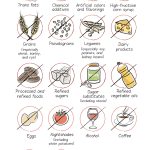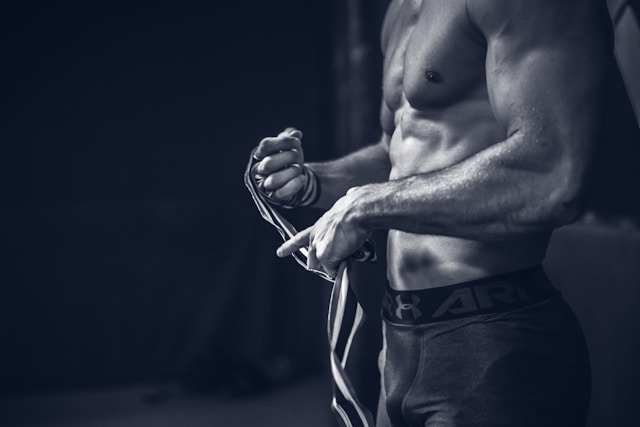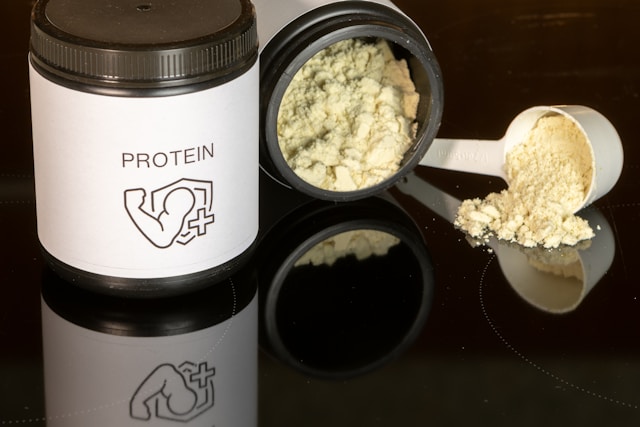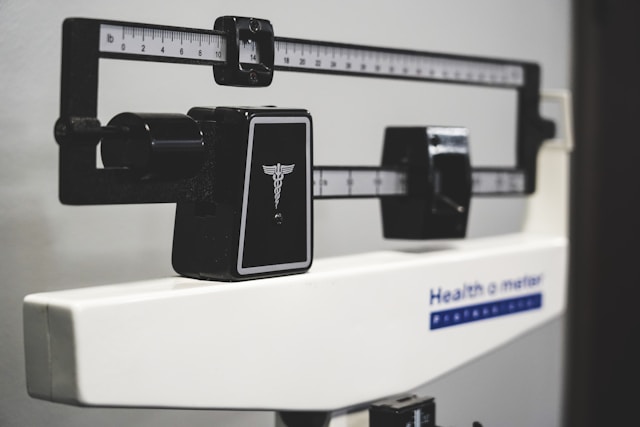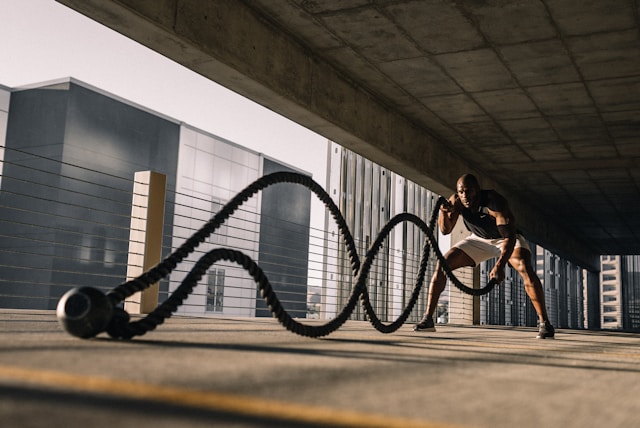Maybe you’re like us and have had the feeling that you are supposed to eat a meal after working out. One of us usually got hungry ~30 minutes after working out and would sometimes get really tired after hitting the gym, so it made sense. The meal usually consisted of brown rice and chicken breast. Chicken breast provided protein, and the brown rice provided carbs for energy. This approach will, unfortunately, take the body longer than necessary to trigger an insulin spike to halt post-workout muscle .
We’ve shared how the goal of post-workout nutrition is to minimize post-workout muscle breakdown and maximize protein synthesis.
Thankfully, eating protein after a workout triggers an insulin spike (1). The more time your body spends building up proteins instead of breaking them down, the more muscle you gain as a result. Over the course of months or years, small protein synthetic advantages accrued every day can add up to several pounds of additional muscle mass. More importantly, clinical research indicates that protein ingested within 1 to 2 hours of finishing a workout can indeed increase overall muscle growth over time (2). Post-workout protein has worked for us!
Ok so what should you do to stop muscle breakdown AND get the insulin spike we need?
Whey Protein is an option for those who don’t have issues with dairy. This is one of the reasons why people recommend whey shakes. Whey protein is the quickest way to get protein materials(amino acids) into your body for your muscles to start their repair and build process.
Oddly enough, you don’t need carbs to spike your insulin after a weightlifting workout, protein will get the job done(3)! This is weird because carbs are usually the way to get your insulin to spike properly, but our body works in mysterious ways I guess lol.
How much protein?
Anywhere between 30–40g of protein will work fine. If someone is in a cutting phase you’ll probably stick to 30g so that you can use the saved calories in another meal.
—
(1) Vinod Kumar, Philip Atherton, Kenneth Smith, and Michael J. Rennie, “Human Muscle Protein Synthesis and Breakdown during and after Exercise,” Journal of Applied Physiology 106, no. 6 (2009): 2026–39. doi: 10.1152/ japplphysiol. 91481.2008.
(2) Birgitte Esmarck, Jesper L. Andersen, Steen Olsen, Erik A. Richter, Masashi Mizuno, and Michael Kjær, “Timing of Postexercise Protein Intake Is Important for Muscle Hypertrophy with Resistance Training in Elderly Humans,” The Journal of Physiology 535, pt. 1 (2001): 301–11. doi: 10.1111/ j. 1469–7793.2001.00301. X.
(3) Orla Power, Aine Hallihan, and Philip Jakeman, “Human Insulinotropic Response to Oral Ingestion of Native and Hydrolysed Whey Protein,” Amino Acids 37, no. 2 (2009): 333–39. doi: 10.1007/ s00726–008–0156–0.

